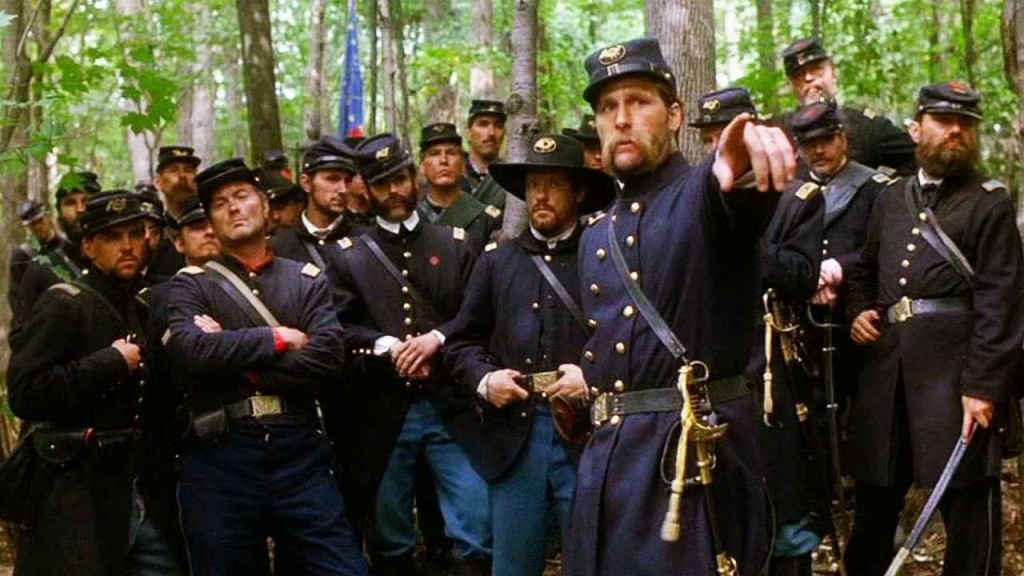Many of us are overwhelmed with a sense of anxiety right now. For the most part, if we are to compare our situation to those in history who have suffered trials, we have some things in common and can glean some lessons.
Here in Nashville, we’ve been tested less than two weeks ago by a tornado which ripped through the middle of our city and surrounding counties. I’ve seen more volunteers than ever rise up to serve as true Tennesseans making me proud as the Church in action, a city of true brotherly love, and a group of Americans gathered to serve their fellow man. Now we face something new yet familiar –– something that forces us to stand together not in proximity but in distance. It is a battle that we have to fight differently. There are lessons from the past to guide us.
Recently I read The Killer Angels, which was made into a movie called Gettysburg in the early 1990s. I hope many of you have read and seen its adaptation. If you have not, it is worth your time since you have a lot of it now. Perhaps one of the most famous stories from the battle is about Colonel Joshua Lawrence Chamberlain, a 34-year old professor of modern languages at Maine’s exclusive Bowdoin College. In 1862, he left there to join the newly formed 20th Maine regiment, which had been organized under President Lincoln’s second call for troops on July 2, 1962. One year later to the date, Chamberlain and the 20th Maine would face their greatest test at the battle of Gettysburg. A unit fielded a total of 1,621 men but at the time leading up to Gettysburg was reduced to some 266 soldiers. Earlier, 120 three-year enlistees from the 2nd Maine Infantry were marched under guard under the 20th Maine. They were mutineers and claimed they had only enlisted to fight under the 2nd Maine flag, and if their flag went home, so should they. By law, however, the men still owed the Army another year of service. Chamberlain had orders to shoot the mutineers if they refused duty but instead, he offered them something different. Almost all of them joined Chamberlain.
On Little Round Top near Gettysburg, the 120 experienced combat veterans from the 2nd Maine brought the 20th’s ranks up to 386 infantrymen and helped hold Chamberlain’s wobbling line together. The rest is history and the 20th Maine does hold the line to save the Union lines. The battle is won and perhaps even the war.

Watch the speech here.
You can read more at Battlefields.org.
Chamberlain’s talk to these men and the way he conducted himself in the battle help us today in the following ways:
- We reminded in tough times that we are one.
In the book and movie, Chamberlain reminds those who are weary that “What we’re fighting for in the end is each other” Let us not forget that my situation is as dire as yours. But we all must be reminded that there will be others who will suffer more. Let us be compassionate and sacrificial in our ways to serve them.
- Look to the person on your side.
While this situation requires us to have distance from our neighbor, we can still love them. As Chamberlain was constantly checking in on his soldiers, we can do the same by standing strong with them in good communication, encouragement, and prayer.
- Be prepared for drastic measures.
The situation may worsen and could require us to go into full lock down. If this happens, be prepared to fix your metaphorical bayonets like the 20th Maine and charge down Little Round Top. Like them, we will get through this.



